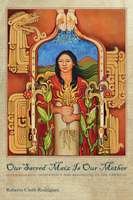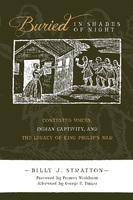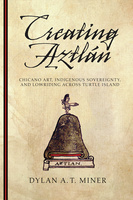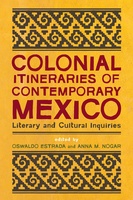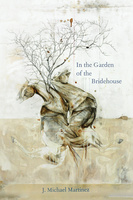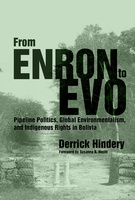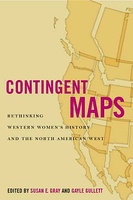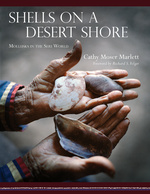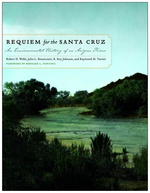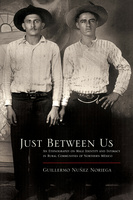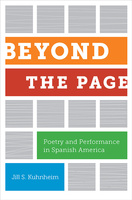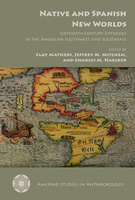The University of Arizona Press is the premier publisher of academic, regional, and literary works in the state of Arizona. They disseminate ideas and knowledge of lasting value that enrich understanding, inspire curiosity, and enlighten readers. They advance the University of Arizona’s mission by connecting scholarship and creative expression to readers worldwide.
Our Sacred Maíz Is Our Mother
Indigeneity and Belonging in the Americas
Dragons in the Land of the Condor
Writing Tusán in Peru
Buried in Shades of Night
Contested Voices, Indian Captivity, and the Legacy of King Philip's War
Creating Aztlán
Chicano Art, Indigenous Sovereignty, and Lowriding Across Turtle Island
Colonial Itineraries of Contemporary Mexico
Literary and Cultural Inquiries
Therapeutic Nations
Healing in an Age of Indigenous Human Rights
Soul Over Lightning
In the Garden of the Bridehouse
Indigenous Peoples, National Parks, and Protected Areas
A New Paradigm Linking Conservation, Culture, and Rights
From Enron to Evo
Pipeline Politics, Global Environmentalism, and Indigenous Rights in Bolivia
Offering a critique of both free-market piracy and the dilemmas of resource nationalism, From Enron to Evo is groundbreaking book for anyone concerned with Indigenous politics, social movements, and environmental justice in an era of expanding resource development.
Contingent Maps
Rethinking Western Women's History and the North American West
Sinking Suspicions
A Land Between Waters
Environmental Histories of Modern Mexico
Shells on a Desert Shore
Mollusks in the Seri World
Requiem for the Santa Cruz
An Environmental History of an Arizona River
Nature Inc.
Environmental Conservation in the Neoliberal Age
Just Between Us
An Ethnography of Male Identity and Intimacy in Rural Communities of Northern Mexico
Beyond the Page
Poetry and Performance in Spanish America
Diné Perspectives
Revitalizing and Reclaiming Navajo Thought
Native and Spanish New Worlds
Sixteenth-Century Entradas in the American Southwest and Southeast
Native and Spanish New Worlds brings together archaeological, ethnohistorical, and anthropological research from sixteenth-century contexts to illustrate interactions during the first century of Native–European contact in what is now the southern United States. The contributors examine the southwestern and southeastern United States and the connections between these regions and explain the global implications of entradas during this formative period in borderlands history.


